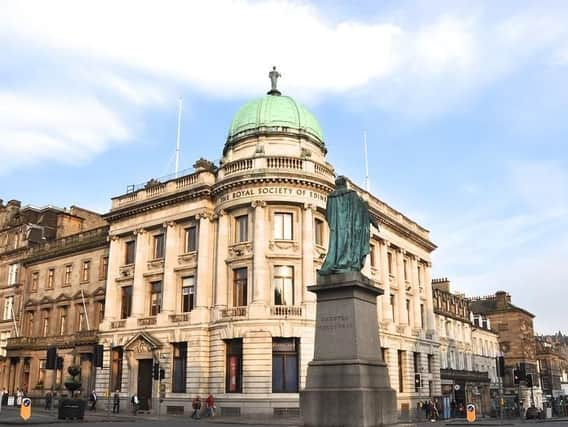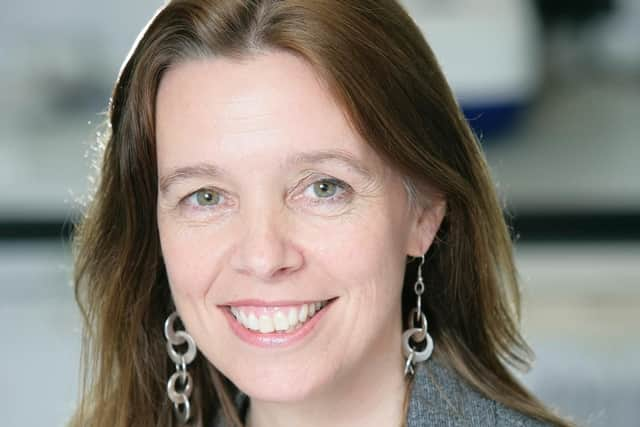Royal Society of Edinburgh's high-tech business scheme fuels £77m economic windfall


Since 1997 the Royal Society of Edinburgh (RSE)’s Enterprise Fellowship programme has helped the founders of over 200 companies including technology and life sciences firms get their businesses off the ground.
An economic impact assessment carried out by consultancy Biggar Economics has found that the programme has added almost £170m in value globally, including just under £77m in Scotland.
Advertisement
Hide AdAdvertisement
Hide AdThe programme provides a package of support worth up to £90,000 in funding and training support and includes a one-year academic salary, business training, and help from RSE mentors and partners. For every £1 invested, the programme is estimated to have generated almost £10 for the UK economy and £6 for the Scottish economy.


The study also found that businesses created are more sustainable than the average, with more than 81 per cent still operating five years later compared with average survival rates for start-ups and spin-outs of about 45 per cent.
Catalyst for commercialisation
In addition to economic impact, the programme is said to have been a catalyst for the commercialisation of research and the development of new products and services bringing huge value to society.
Successful ideas developed include safety systems for the oil and gas industry, sight-saving therapies for inflammatory eye disease and ethical biotechnology methods for the toxicity testing of new drugs.
Rebekah Widdowfield, RSE chief executive, said: “As a country with a long and rich history of discovery and innovation, these Enterprise Fellows are our future James Watts and Alexander Flemings, with ideas and innovations that can change the world for the better.
“This report shows that the Enterprise Fellowship programme is enabling us to identify talented and emerging entrepreneurs and help them develop their ideas, which in turn are bringing about huge benefits for the economy and society.”
Caroline Barelle, who took part in the scheme and is now chief executive of Aberdeen-based biopharmaceutical firm Elasmogen, said: “I didn’t know about legals, employing people, how you get investment, how you spin a company out, how you put a board together.”
She added: “The fellowship gave me the framework and the support system to go through the process. It helped make a conversion from talking science to pitching science.”
Other entrepreneurs to take part in the scheme include Kate Cameron, who founded Roslin-based biotech firm Cytochroma during her fellowship year which was hosted by the University of Edinburgh.